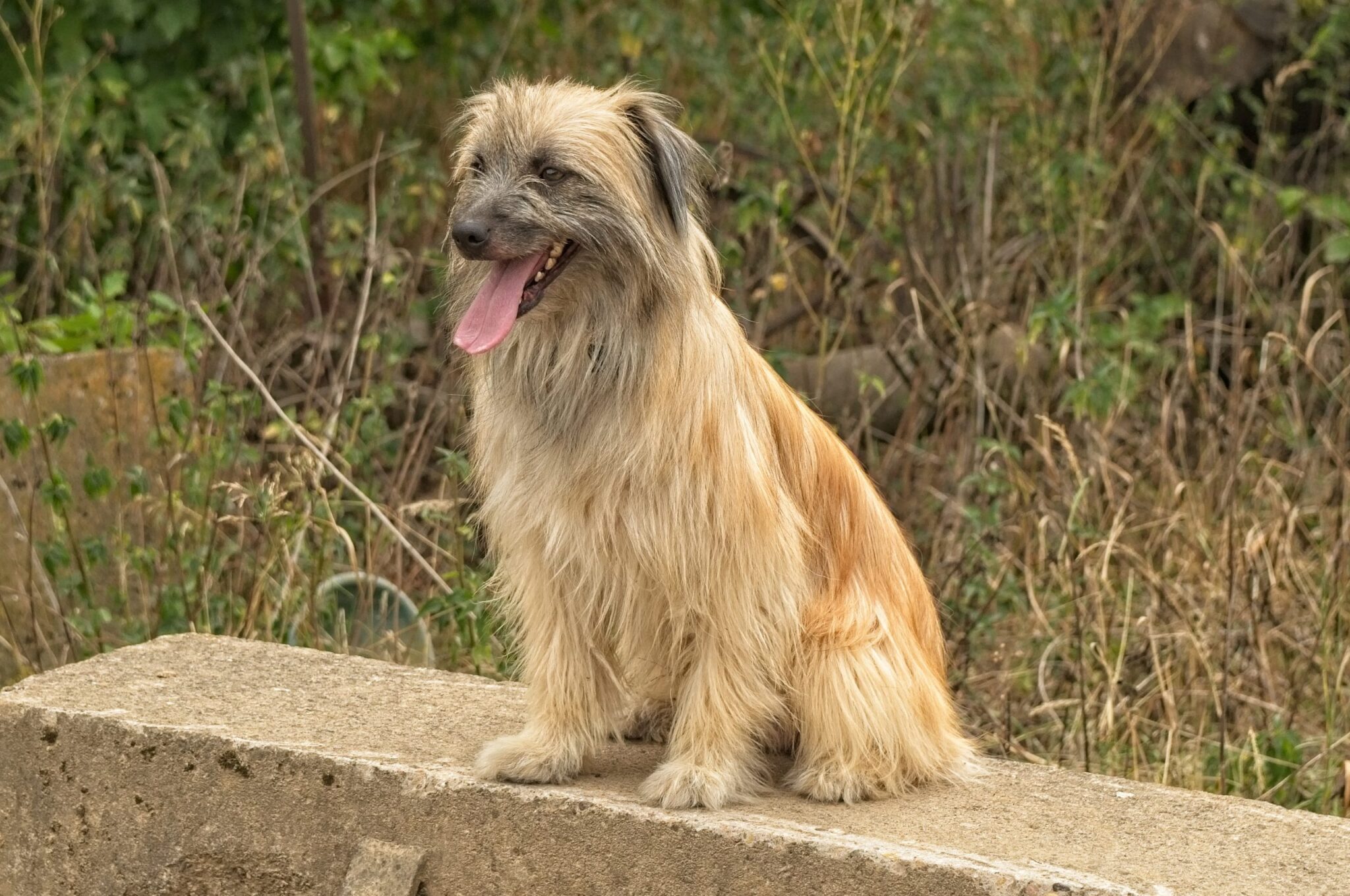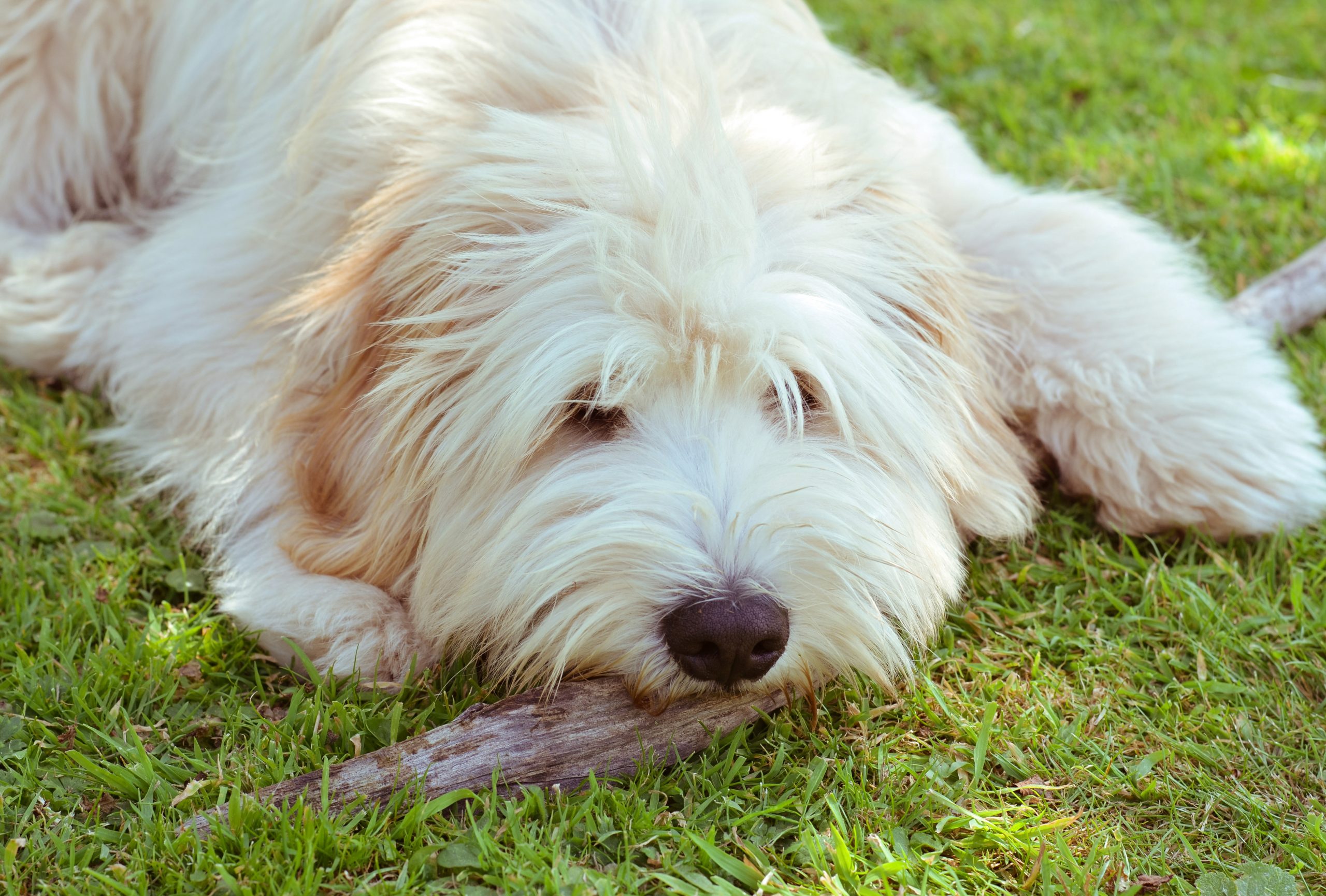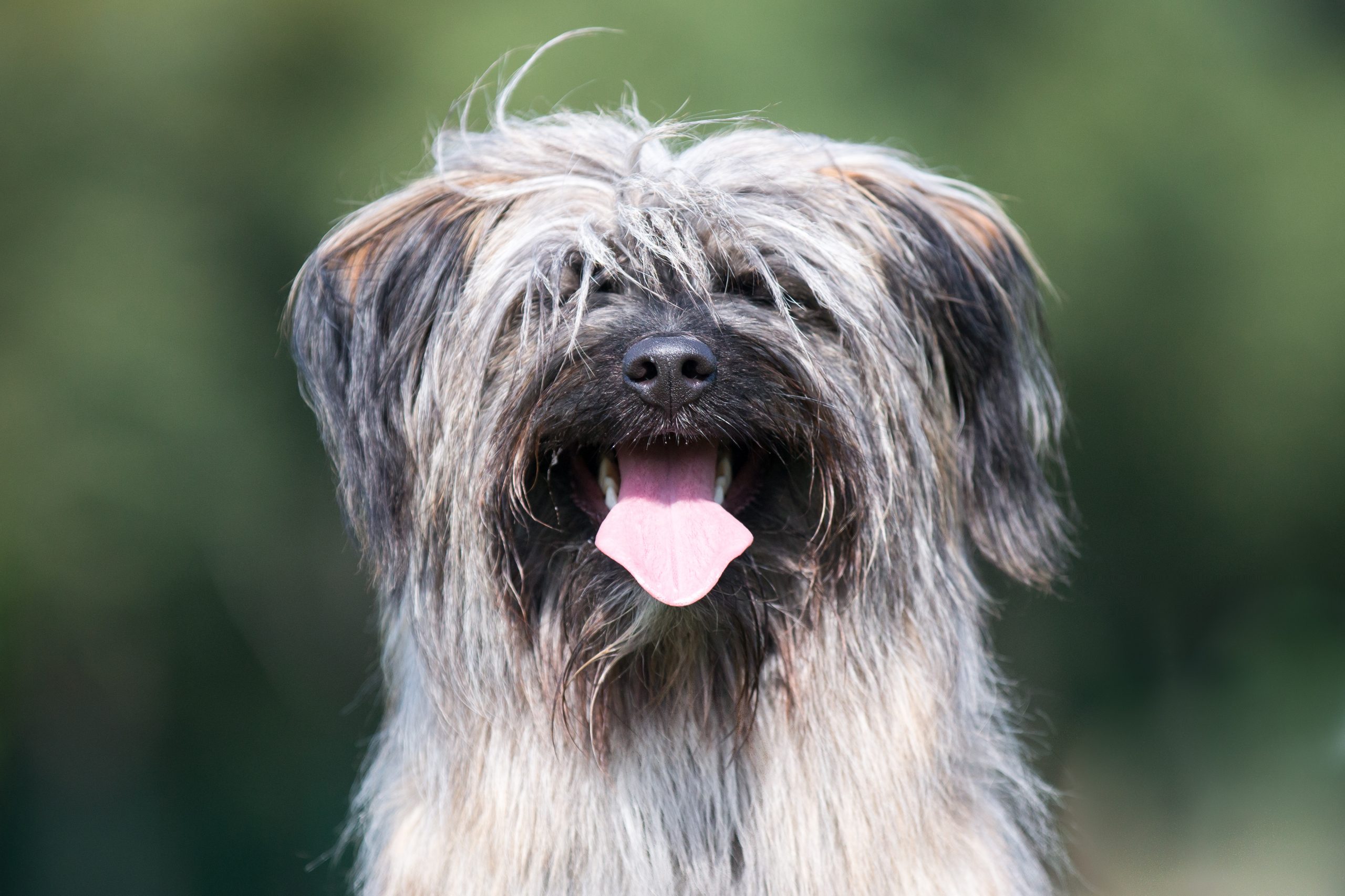Pyrenean Shepherd
No products found which match your selection.
Shelter Dog Meal Donation Count:
No products found which match your selection.
The Pyrenean Shepherd is a vivacious and intelligent breed, embodying the spirit of the Pyrenees mountains from which they hail. Their boundless energy and sharp mind make them excellent companions for active individuals and families who can meet their needs for physical and mental stimulation. With proper care, training, and socialization, the Pyrenean Shepherd can be an incredibly rewarding family member, offering loyalty and affection in spades.
The Pyrenean Shepherd, affectionately known as the Pyr Shep, is a vibrant and intelligent breed, originating from the Pyrenees mountains of Southern France. This breed is known for its boundless energy, sharp intelligence, and devoted nature. As a herding dog, the Pyr Shep is both alert and agile, making it an excellent companion for active individuals or families.

Originating in the rugged terrain of the Pyrenees Mountains, the Pyrenean Shepherd has been a constant presence alongside the Great Pyrenees, guarding and herding livestock. Their history is deeply intertwined with the pastoral life of the region, showcasing their role as both protectors and companions.




Generally healthy, they can be prone to certain genetic conditions like hip dysplasia and patellar luxation. Regular veterinary check-ups and screenings can help ensure they lead a long, healthy life.
Grooming requirements vary with the coat type. The Rough-Faced variety may require more frequent brushing to prevent mats, while the Smooth-Faced needs less intensive care. Regular ear cleaning and nail trimming are also important.
Their high energy levels demand daily vigorous exercise. Long walks, play sessions, and opportunities to run freely in a secure area are essential to meet their physical and mental needs.
Intelligent and eager to learn, they respond well to positive reinforcement techniques. Early socialization and obedience training are crucial for molding well-behaved adults.
A balanced diet suited to their age, size, and activity level will support their overall health and energy needs. Consultation with a vet can help you choose the best diet plan for your Pyrenean Shepherd.
The Pyrenean Shepherd offers a blend of intelligence, agility, and loyalty that is hard to match. Ideal for active individuals or families, they bring energy and joy to every day. Their care requires commitment—plenty of exercise, mental stimulation, and companionship—but the rewards of their devotion and vibrant personalities are immeasurable. Embrace the challenge and the joy of life with a Pyrenean Shepherd, and you'll have a faithful companion for years to come.
The Pyrenean Shepherd is generally a healthy breed, but like all breeds, they are prone to certain health conditions. Owners should be aware of these potential issues to ensure early detection and treatment. Here are some of the common health issues seen in Pyrenean Shepherds:
While the Pyrenean Shepherd is generally healthy, being aware of these common health issues and conducting recommended tests can help in early diagnosis and better management. Regular veterinary care, a balanced diet, regular exercise, and dental care are key to maintaining their overall health.
The iHeartDogs Free Rx Discount Card Program is a pet prescription discount card that can help you save money on your furry friend’s medications. The card is free to sign up for, and you can use it at participating pharmacies nationwide. To use the free program, simply show the card to your pharmacist when you pick up your pet’s prescription. The pharmacist will then scan the card, and you will receive a discount on the price of the medication.LEARN MORE
Caring for a Pyrenean Shepherd, like any dog, comes with various expenses. The annual cost can vary depending on numerous factors including the dog’s health, the quality of products and services you choose, and your geographical location. Here’s a breakdown of the typical expenses you can expect:
Total Estimated Annual Cost:
$2050 - $5300
It's important to note that these figures are estimates and can vary. Also, the first year of owning a dog can be more expensive due to one-time costs like spaying/neutering, initial vaccinations, and training. Regular budgeting for your dog's needs and an emergency fund for unforeseen costs are essential for responsible pet ownership.